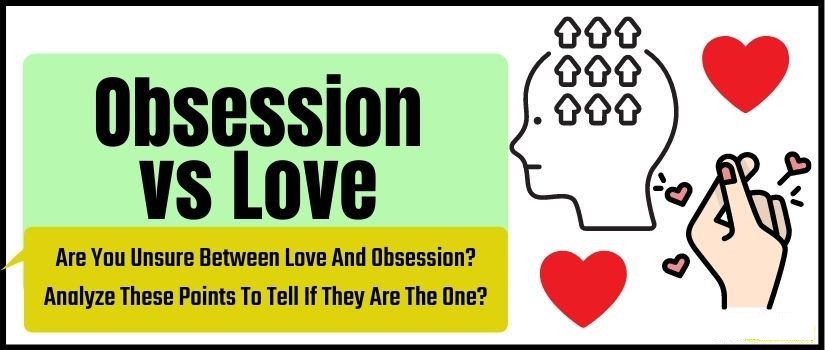Love & Obsession: A Brief Analysis of Modern Day Consumerism
Do you know the difference between love and obsession?
No.
And what’s the difference between obsession and desire?
I don’t know.
-From the song “Under Your Spell” by Desire
According to a blog I read this week, the difference between love and obsession is defined as such:
“Love is an uncontrollable feeling that a person develops for another person. It involves caring, understanding and trust for the person. They are your priority, and you put them and their needs first.
Obsession is a crazy type of feeling where the person does not have any affection for you. Obsessed people will think about themselves and not the other. They do not care what you want or need; everything is about them.”
That sounds about right. It reminds me of the climax of the hit film The Menu trending right now within the food and wine industry. Without ruining the plot for you, there’s a scene where one of the dinner patrons questions the chef’s cuisine, stating: “I don’t like your food. It tastes like it was made with no love.”
When the chef questions her accusations, she answers: “You cook with obsession, not love.”
“We always cook with love,” retorts a defiant yet defeated Ralph Fiennes; “Everyone knows love is the most important ingredient.” Yet, deep down he knows she’s right. It’s not love that drives him anymore as a chef. It’s obsession.
I about fell out of my chair watching that scene because it summarizes the crux of today’s food and alcohol fads. Ask 100 Bourbon drinkers what they love about their latest allocated acquisition and I’m not sure they’ll be able to answer. What sparks their inner emotions about these whiskies? What feeds their soul with every sip? What truly resonates with them about these producers?
The answer: obsession.
An obsession with obtaining something rare. An obsession with a unique experience that feeds their brain’s need for dopamine. An obsession with sharing that experience with the world, then basking in the positive reinforcement of social media. But love? What’s love got to do with it?
I’ll tell you what love has to do with it: you can only fully appreciate a fine wine or whiskey if you truly love drinking it.
To drink well is to understand real emotion and be honest about what drives your desire. To paraphrase Marie Kondo, drinking should spark joy. It involves liquids that stir something deep within your heart, not just your palate. Sampling the latest limited edition whiskies, then bragging about it on Instagram isn’t love. It’s obsession. Love manifests itself with or without an audience.
To find a wine or whiskey that resonates with your senses speaks to honest attraction. To commune with that producer and discover a passion and philosophy that gels with your own personal beliefs is how the foundation for real love is built.
There’s a reason the aptly named Anton Ego breaks down in tears when tasting Remy the mouse’s signature dish in the film Ratatouille: it reminds him of his childhood. It’s a moment so profound that he sacrifices his career as a professional critic for genuine love rather than empty obsession. I’m wondering how many of the people today who have linked their personal identity to their “love” of wine and spirits would do the same. If you could find one Bourbon you loved and have endless access to it, would you be willing to quit the hunt and be content with a quiet, monogamous relationship?
The appreciation of wine and spirits (and food) today has unfortunately been co-opted by the obsessed, much like a “love” for work has been defined by those willing to sleep by their desks for days on end. In both cases, a sincere sentimentality has been pushed aside by a more rabid compulsion, a fanaticism that confuses zeal with passion. However, a true love of alcohol is not about how far you’re willing to go. It’s not about what you can procure or how much you can amass. No amount of virtue signaling can fill an exercise completely devoid of emotion with genuine passion. In fact, the more these guys fill their cellars, the emptier they often feel.
It’s fitting that the death of brand loyalty in the booze business has coincided with the age of obsession. There can be no commitment when the feelings consumers feel towards wine and whiskey brands are just that. Love is an everlasting emotion, not a fleeting one. Obsession fades with time. There’s a reason Wild Turkey drinkers from the 60s and 70s continue to be Wild Turkey drinkers today, just as there’s a reason modern whiskey drinkers move from brand to brand, bottle to bottle, batch to batch.
One is love. The other is obsession.
One is a deep and emotional relationship that lasts for a lifetime. The other is a temporal and superficial condition based on impulse.
-David Driscoll
